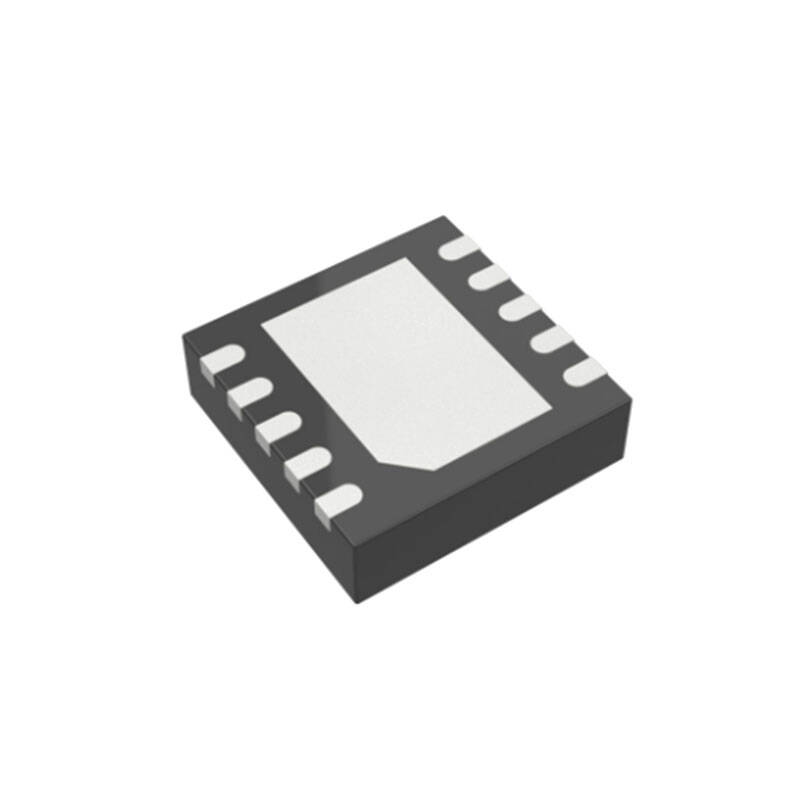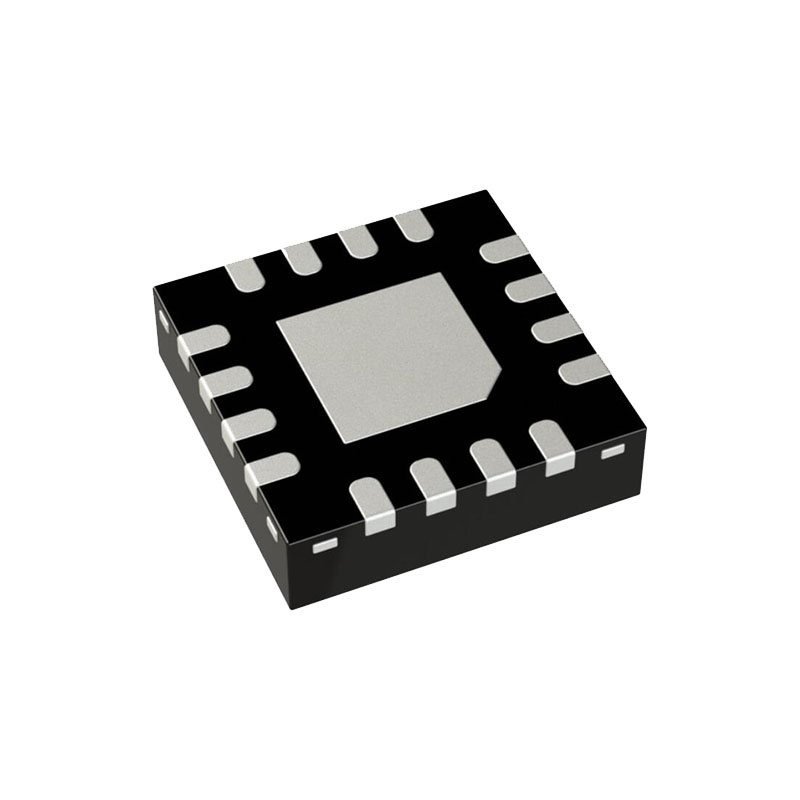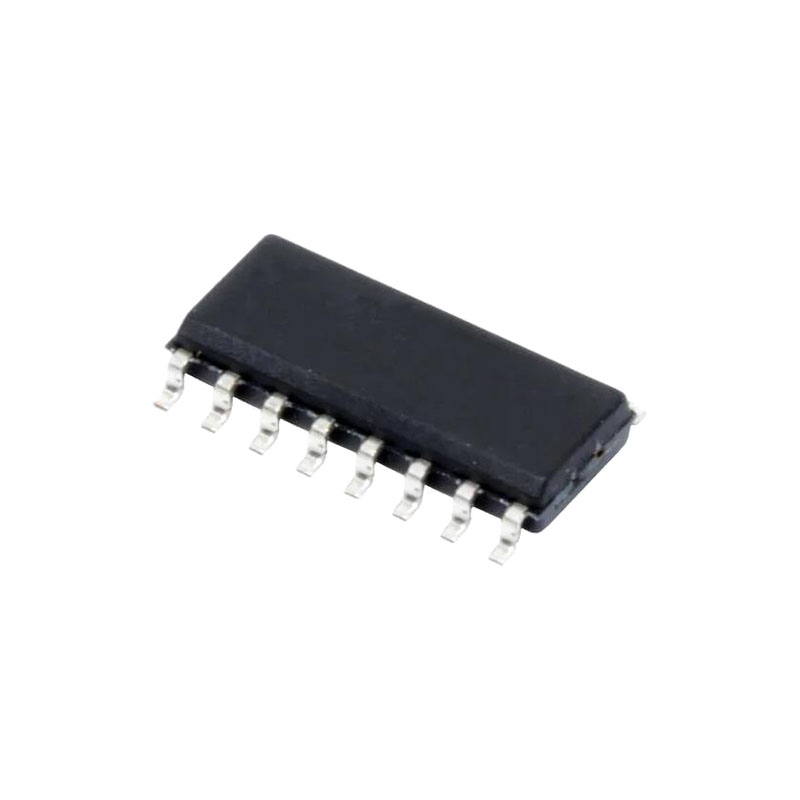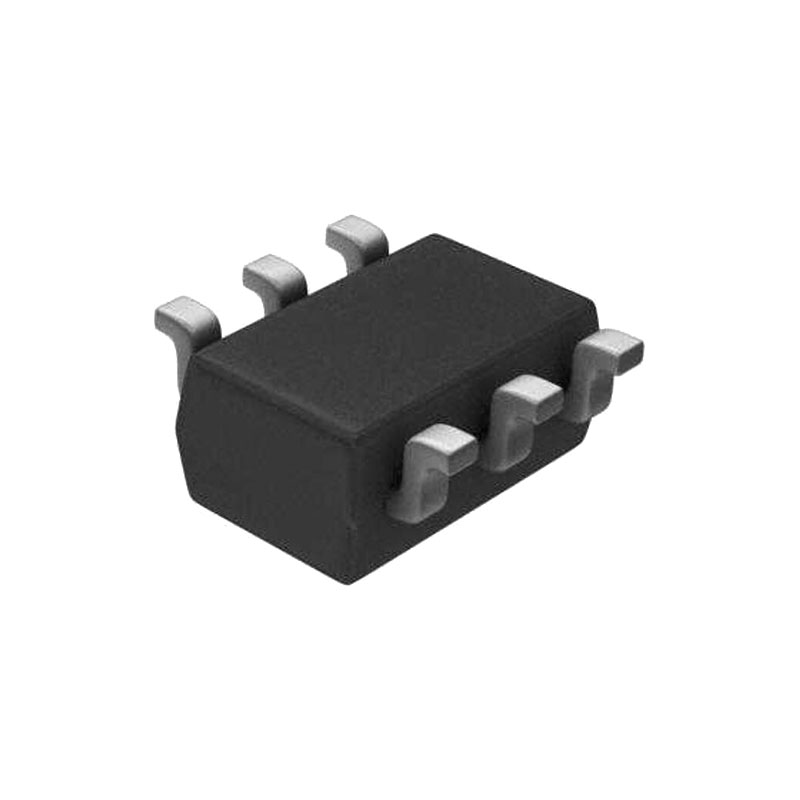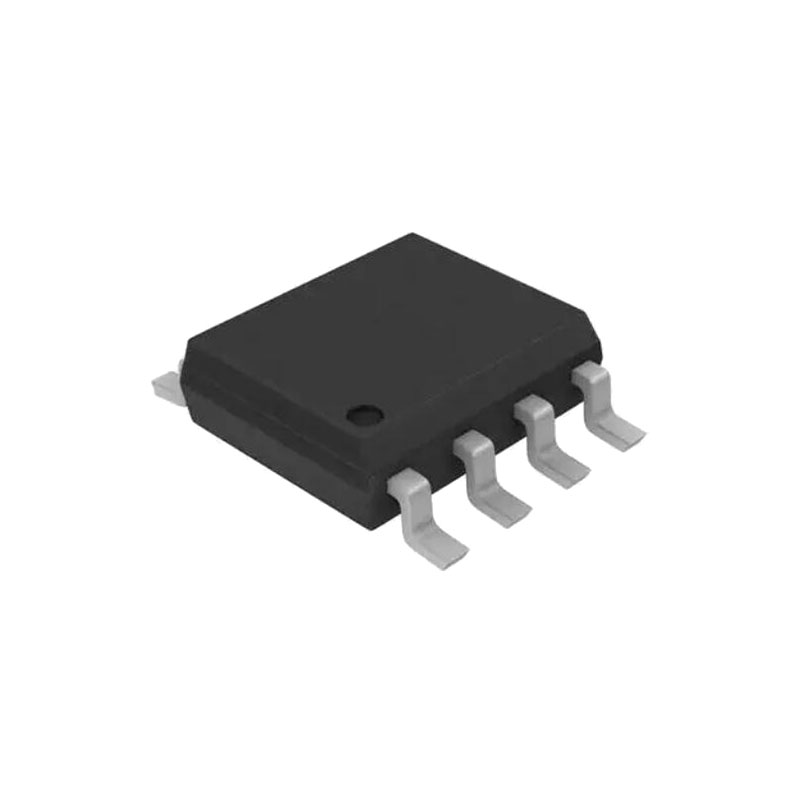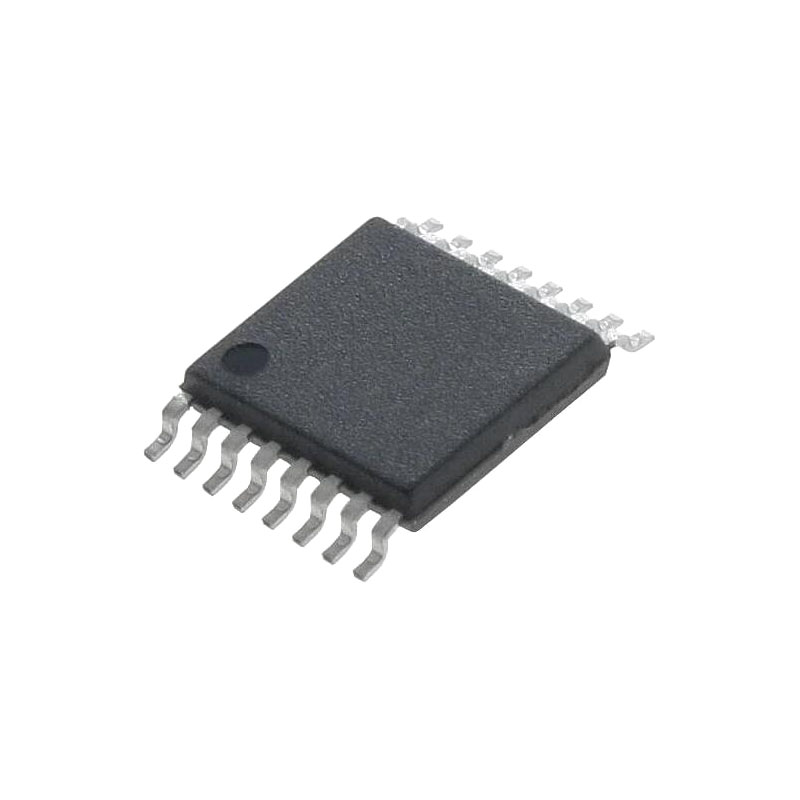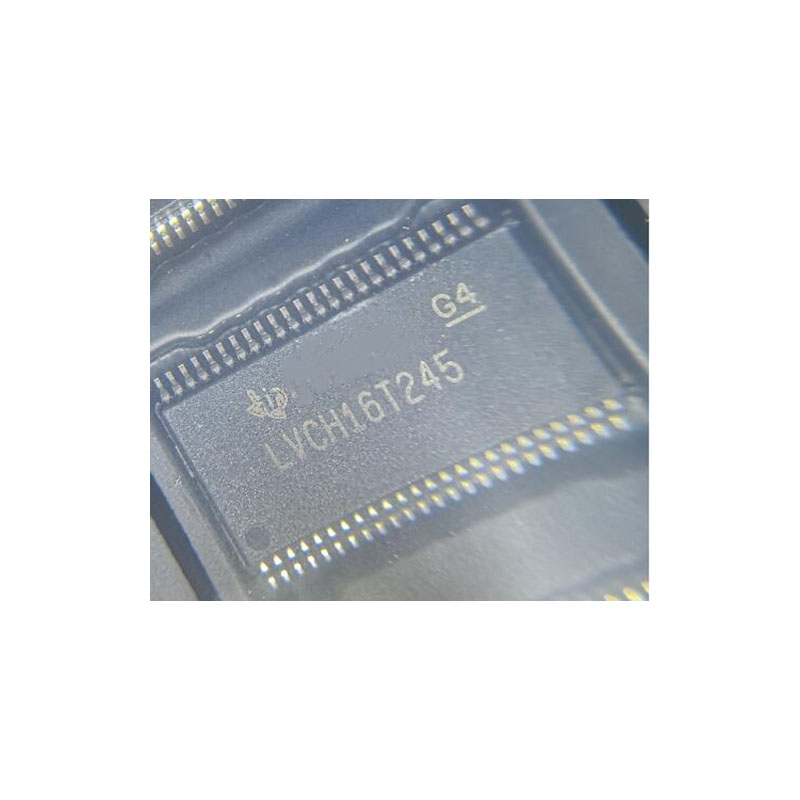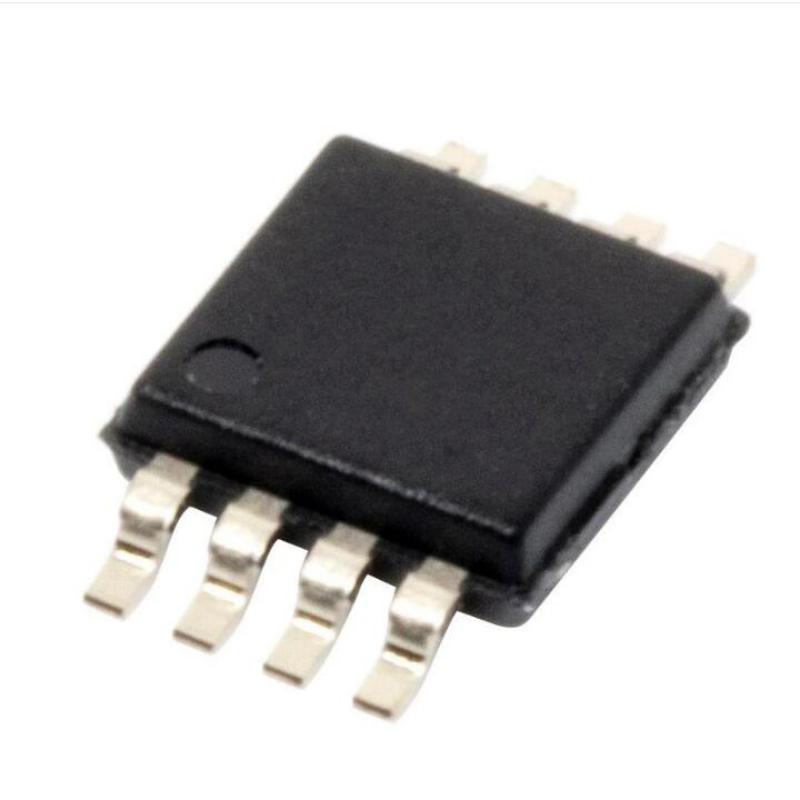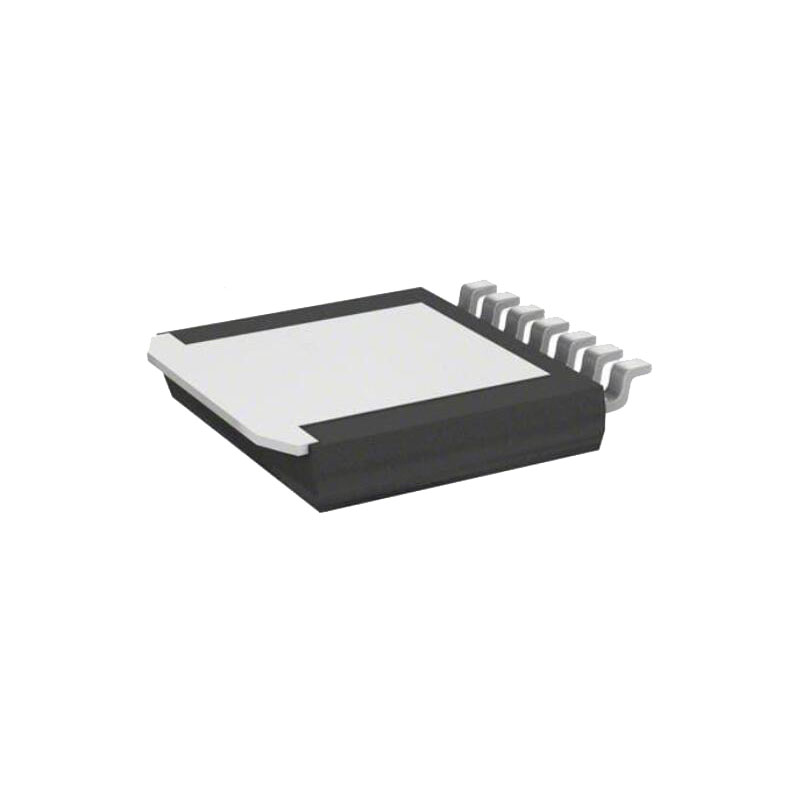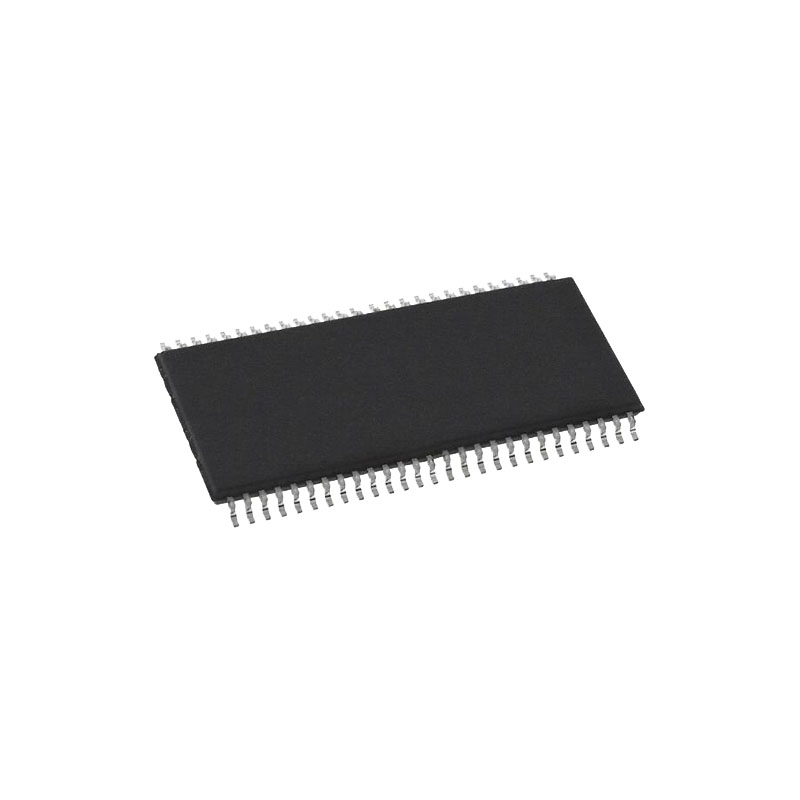DESCRIPTION
The LT8609/LT8609A/LT8609B is a compact, high efficiency, high speed synchronous monolithic step-down switching regulator that consumes only 1.7µA of non switching quiescent current. The LT8609/LT8609A/LT8609B can deliver 3A of continuous current. Burst Mode operation enables high efficiency down to very low output currents while keeping the output ripple below 10mVP-P. A SYNC pin allows synchronization to an external clock, or spread spectrum modulation for low EMI operation. Internal compensation with peak current mode topology allows the use of small inductors and results in fast transient response and good loop stability. The EN/UV pin has an accurate 1V threshold and can be used to program VIN UVLO or to shut down the part. A capacitor on the TR/SS pin programs the output voltage ramp rate during start-up while the PG flag signals when VOUT is within ±8.5% on the adjustable output parts or ±7.5% on the fixed output parts of the programmed output voltage as well as fault conditions. The LT8609A has slower switch edges for lower EMI emissions. The LT8609B operates in pulse-skipping mode only.
FEATURES
Wide Input Voltage Range: 3.0V to 42V
Ultralow Quiescent Current Burst Mode® Operation:
<2.5µA IQ Regulating 12VIN to 3.3VOUT
Output Ripple <10mVP-P
High Efficiency 2MHz Synchronous Operation:
>93% Efficiency at 1A, 5VOUT from 12VIN
3A Maximum Continuous Output
Fast Minimum Switch-On Time: 45ns
LT8609A Available in Fixed 3.3V and 5V Output
Adjustable and Synchronizable: 200kHz to 2.2MHz
Spread Spectrum Frequency Modulation for Low EMI
Allows Use of Small Inductors
Low Dropout
Peak Current Mode Operation
Accurate 1V Enable Pin Threshold
Internal Compensation
Output Soft-Start and Tracking
Small 10-Lead MSOP Package, 16-Lead MSOP Package, or 10-Lead 3mm × 3mm DFN Package with Side Wettable Flanks
AEC-Q100 Qualified for Automotive Applications
APPLICATIONS
GSM Transceivers
General Purpose Step-Down
Low EMI Step-Down
OPERATION
The LT8609/LT8609A/LT8609B is a monolithic constant frequency current mode step-down DC/DC converter. An oscillator with frequency set using a resistor on the RT pin turns on the internal top power switch at the beginning of each clock cycle. Current in the inductor then increases until the top switch current comparator trips and turns off the top power switch. The peak inductor current at which the top switch turns off is controlled by the voltage on the internal VC node. The error amplifier servos the VC node by comparing the voltage on the VFB pin with an internal 0.782V reference. The LT8609A-5 and LT8609A-3.3 Fixed output parts use the VOUT pin and an internal resistor divider to generate an internal FB node. When the load current increases it causes a reduction in the feedback voltage relative to the reference leading the error amplifier to raise the VC voltage until the average inductor current matches the new load current. When the top power switch turns off the synchronous power switch turns on until the next clock cycle begins or inductor current falls to zero. If overload conditions result in excess current flowing through the bottom switch, the next clock cycle will be delayed until switch current returns to a safe level.
To optimize efficiency at light loads, the LT8609/LT8609A enters Burst Mode operation during light load situations. Between bursts, all circuitry associated with controlling the output switch is shut down, reducing the input supply current to 1.7μA. In a typical application, 2.5μA will be consumed from the input supply when regulating with no load. The SYNC pin is tied low to use Burst Mode operation and can be floated to use pulse-skipping mode. If a clock is applied to the SYNC pin the part will synchronize to an external clock frequency and operate in pulse-skipping mode. While in pulse-skipping mode the oscillator operates continuously and positive SW transitions are aligned to the clock. During light loads, switch pulses are skipped to regulate the output and the quiescent current will be several mA. The SYNC pin may be tied high for spread spectrum modulation mode, and the LT8609/LT8609A will operate similar to pulse-skipping mode but vary the clock frequency to reduce EMI.

